|
Scene from the movie "Tunnel: Sun in the Dark" by director Bui Thac Chuyen. |
Vietnamese history is a huge treasure trove with the great work of building and defending the country. Every event, turning point… has enough potential to be exploited into a good script or film. However, the number of historical films that are truly attractive, engaging and have a profound impact on the public is still not much.
The special thing that makes success
According to statistics from the film industry, historical films are mainly ordered by the State to serve political tasks and only in recent years have a few private film studios taken on this challenge. According to the report of the Department of Cinema sent to the Ministry of Culture, Sports and Tourism, the budget for producing films serving political tasks in the period 2018-2021 was nearly 115 billion VND (2018), more than 147 billion VND (2019), more than 148 billion VND (2020) and more than 148 billion VND (2021). However, the works have not ensured progress, and the quality has not met the expectations of experts and the public.
At many film industry conferences and discussions, from the perspective of professionals, a familiar question is always asked: Is it true that the country's film industry lacks talent, does not meet technical requirements, or does not have an audience for this genre of film?
On the evening of April 7, according to Box Office Vietnam (an independent box office monitoring unit), the movie “Tunnel: Sun in the Dark” earned VND45 billion in revenue over the last 3 days of the weekend and surpassed the VND80 billion mark after the Hung Kings Commemoration Day holiday. This milestone has surpassed the revenue of Hollywood blockbusters released at the same time in Vietnam.
With its current appeal, many predict that the film's revenue is fully capable of surpassing the 100 billion VND mark in the next few days and continuing to set new records for Vietnamese cinema in general and historical films in particular.
Box Office representative predicted that “Tunnel: Sun in the Dark” will continue to be attractive in the coming time due to few competitors, the upcoming films are mainly foreign projects, while domestic film projects are mainly in the psychological and action genres.
The film "Tunnels: Sun in the Dark" is a project to celebrate the 50th anniversary of the Liberation of the South and National Reunification Day (April 30, 1975 - April 30, 2025), funded by the socialized budget.
The film's plot revolves around a group of guerrillas who remained in Cu Chi after the US raid on Cedar Falls (1967). Captain Bay Theo (played by actor Thai Hoa) and his teammates were assigned to protect the area so that the strategic intelligence team could carry out their important mission. However, the enemy discovered them and the guerrillas fell into a very dangerous situation, facing many raids.
Director and screenwriter Bui Thac Chuyen was born and raised in Hanoi . He graduated from the Faculty of Acting, Hanoi Academy of Theatre and Cinema, and became an artist of the Vietnam Drama Theater.
In 1997, Bui Thac Chuyen studied directing and made his mark with the film "Night Ride" - the first Vietnamese film to win an award in the Cinefondation Short Film category at the Cannes International Film Festival.
In 2005, his film "Living in Fear" won many national and international awards.
In 2022, the film "Glorious Ashes" (adapted from the work of writer Nguyen Ngoc Tu) also won many domestic and international awards, including the Golden Lotus Award at the 2023 Vietnam Film Festival.
What makes “Tunnel: Sun in the Dark” successful? Film experts say that this is not an American blockbuster with a huge budget, nor does it follow the familiar epic hero motif. The key point is that the script was written by director Bui Thac Chuyen himself.
In Vietnamese cinema, some directors also always write scripts for their works, typically director and People's Artist Dang Nhat Minh. With "Tunnels: Sun in the Dark", Bui Thac Chuyen did not choose a wide approach, embracing the entire length of the history of the tunnels - an iconic resistance work, but he only chose a small slice, enough to evoke, that is the fighting life, the spirit of the guerrilla army deep underground. The cinematic language stands out in the quiet, honest and emotional storytelling.
The film does not have much dialogue, mainly leading the audience through images, sounds and silences. From beginning to end, the audience is immersed in the narrow, dark, suffocating space of the tunnel with the only light from a flickering oil lamp. Bui Thac Chuyen used light to depict the identity and psychology of each character. Accordingly, each look, gesture, and action of each member of the guerrilla team is filled with ideals, aspirations, struggles and above all, resilience.
Besides the images, Bui Thac Chuyen used sound very delicately. The sound in the tunnels included the sound of bombs and bullets outside, the breathing of people, very soft whispers, and even absolute silence. It was these natural sounds that brought the closest feeling to the audience in imagining the fierceness of war...
Another big plus for the film is the participation of a team of foreign experts. This investment shows international vision and professionalism in production - something rarely seen in Vietnamese films with historical themes. Another surprising factor is that the cast in the film are not too familiar names, but all are carefully selected, with delicate and emotional acting.
Not every director dares to take the plunge.
After many years of the film market being swept away by commercial films with massive media campaigns, the recent bright spot is the return of the true cinematic language with historical films. Experts say that one of the reasons why historical films fail in terms of revenue and awards is that the filmmaking mindset is still at the "illustrative" level, and the cinematic emotions are stiff. Audiences no longer want to watch a dry "history lesson" but want to touch the depth of humanity, the tragedies of everyday life in the extraordinary context of history.
Besides, making historical films is always a risky choice for investors because of the high budget, complicated setting, requirements for costumes, props, time reconstruction, etc., making private producers hesitant, and the process of following the State's orders at many stages is still inflexible, not keeping up with the market, so it is difficult to find a common voice. In addition, one of the key factors of historical films is the script, which requires not only correct events but also creativity, depth, and humanity.
Director Bui Thac Chuyen shared: “We always put authenticity first and put many ideas into it, it is a very complicated process. The reality of war is always cruel, but I want to convey in my film the message that we are only protecting independence and freedom.”
Many opinions say that in countries with developed cinema, historical films always receive large investments in terms of funding, have specialized studios, modern post-production technology... but in Vietnam, there is almost no systematic system for this genre of film. However, considering the case of the works of director Bui Thac Chuyen, we can see the self-movement and flexible improvisation in the way of making films. When there was no source of investment funding, the film crew followed the path of socialization. When facing difficulties in recreating the setting, the director chose a narrow section, enough for proactive staging.
The film "Tunnel: Sun in the Dark" has a production budget of more than 50 billion VND, a record for a film by Bui Thac Chuyen, but objectively, that is still a modest budget for a historical film...
To solve this problem, it is necessary to build a systematic support system such as: using independent film development funds, expanding international cooperation, investing in screenwriters, providing solutions suitable to the situation, investing in special effects and most importantly, changing mindsets.
Historical films do not necessarily only tell about victories, battles or campaigns, but can also be about perspectives and hidden corners of a part of history. But importantly, during the production process, the film crew needs to consult and advise from experts, especially historical witnesses. Director Bui Thac Chuyen pays great attention to this factor for the film "Tunnel: Sun in the Dark".
In addition, it is necessary to strengthen promotion and education for the audience. According to education experts, it is necessary to change public awareness of historical films, emphasizing the traditional and humanistic values of this genre.
Expressing his hope for the potential of cinema, director Bui Thac Chuyen commented: “During wartime, there are always many good and emotional stories to exploit, because no situation can push people to the limit of fear and pain like war. I believe that if qualified, directors will know how to exploit attractive stories, because those are stories that should and need to be made on screen.”
Nhandan.vn
Source: https://nhandan.vn/phim-dia-dao-mat-troi-trong-bong-toi-ke-lich-su-mot-cach-lay-dong-chan-thuc-post871280.html



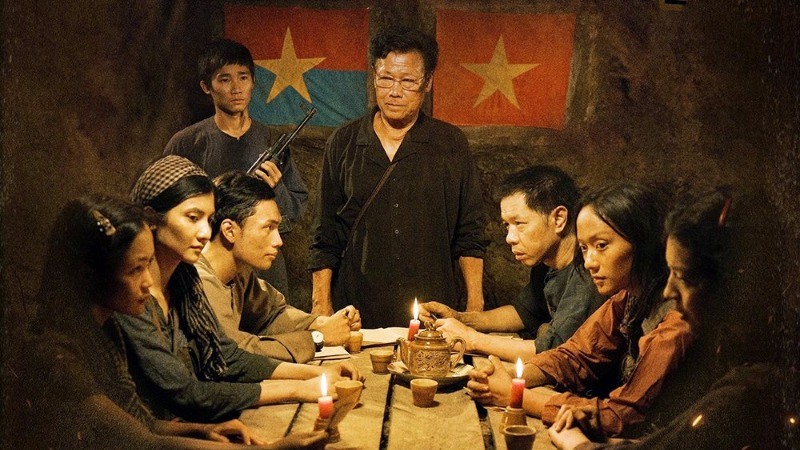

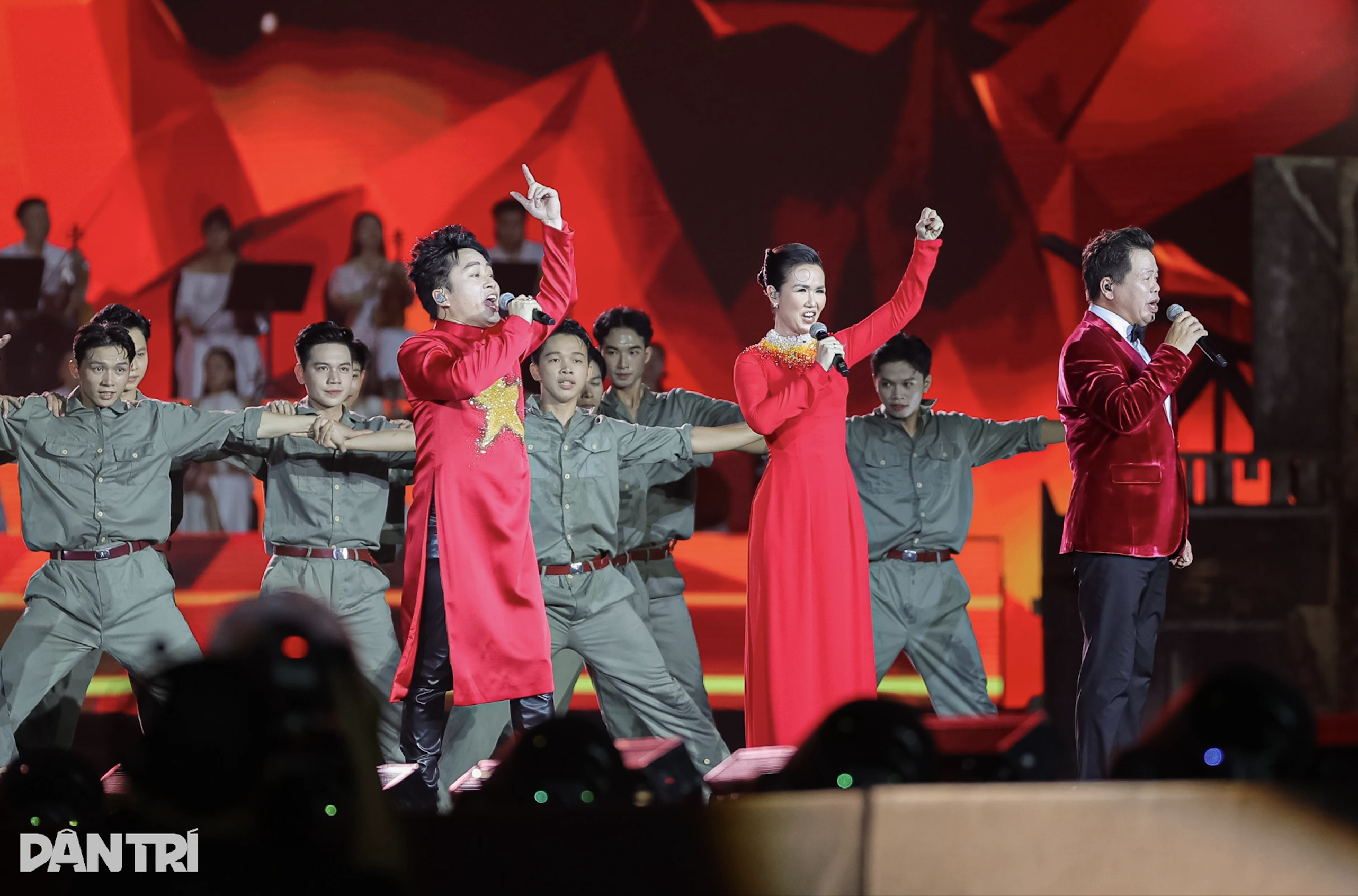
![[Photo] Prime Minister Pham Minh Chinh chairs the conference to review the 2024-2025 school year and deploy tasks for the 2025-2026 school year.](https://vstatic.vietnam.vn/vietnam/resource/IMAGE/2025/8/22/2ca5ed79ce6a46a1ac7706a42cefafae)

![[Photo] President Luong Cuong receives delegation of the Youth Committee of the Liberal Democratic Party of Japan](https://vstatic.vietnam.vn/vietnam/resource/IMAGE/2025/8/22/2632d7f5cf4f4a8e90ce5f5e1989194a)

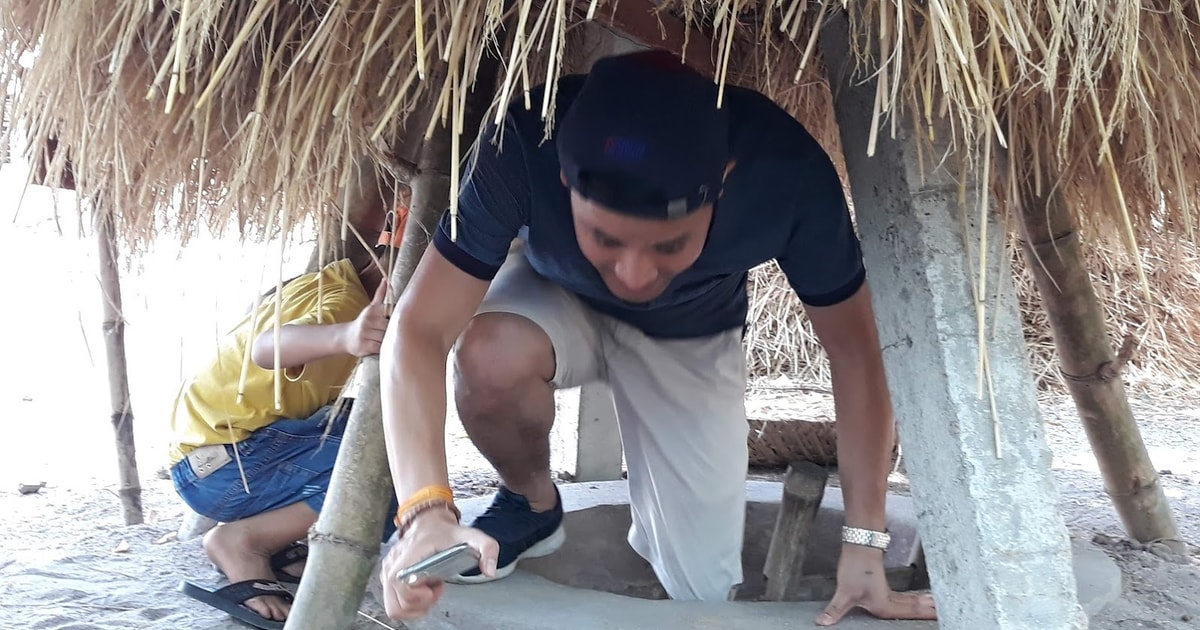

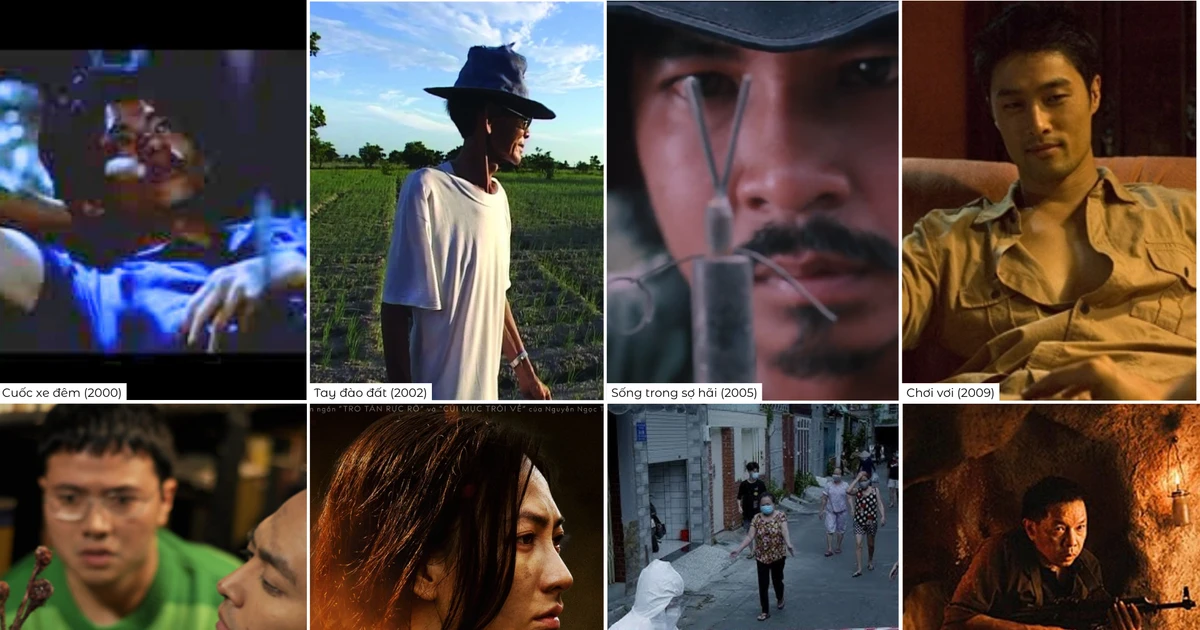



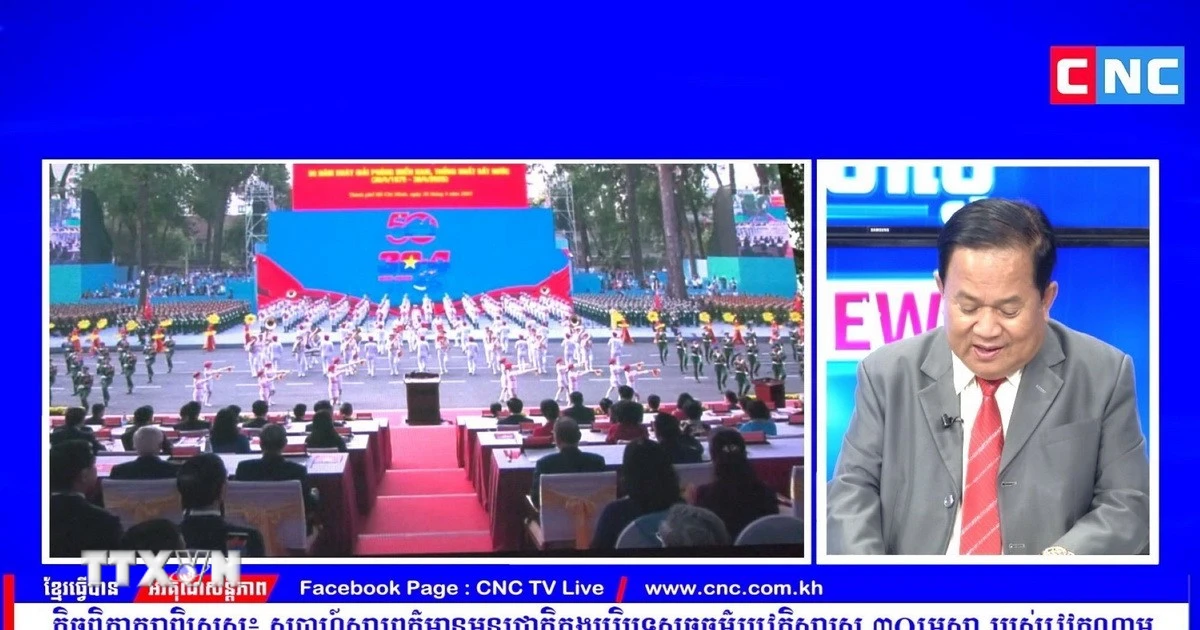
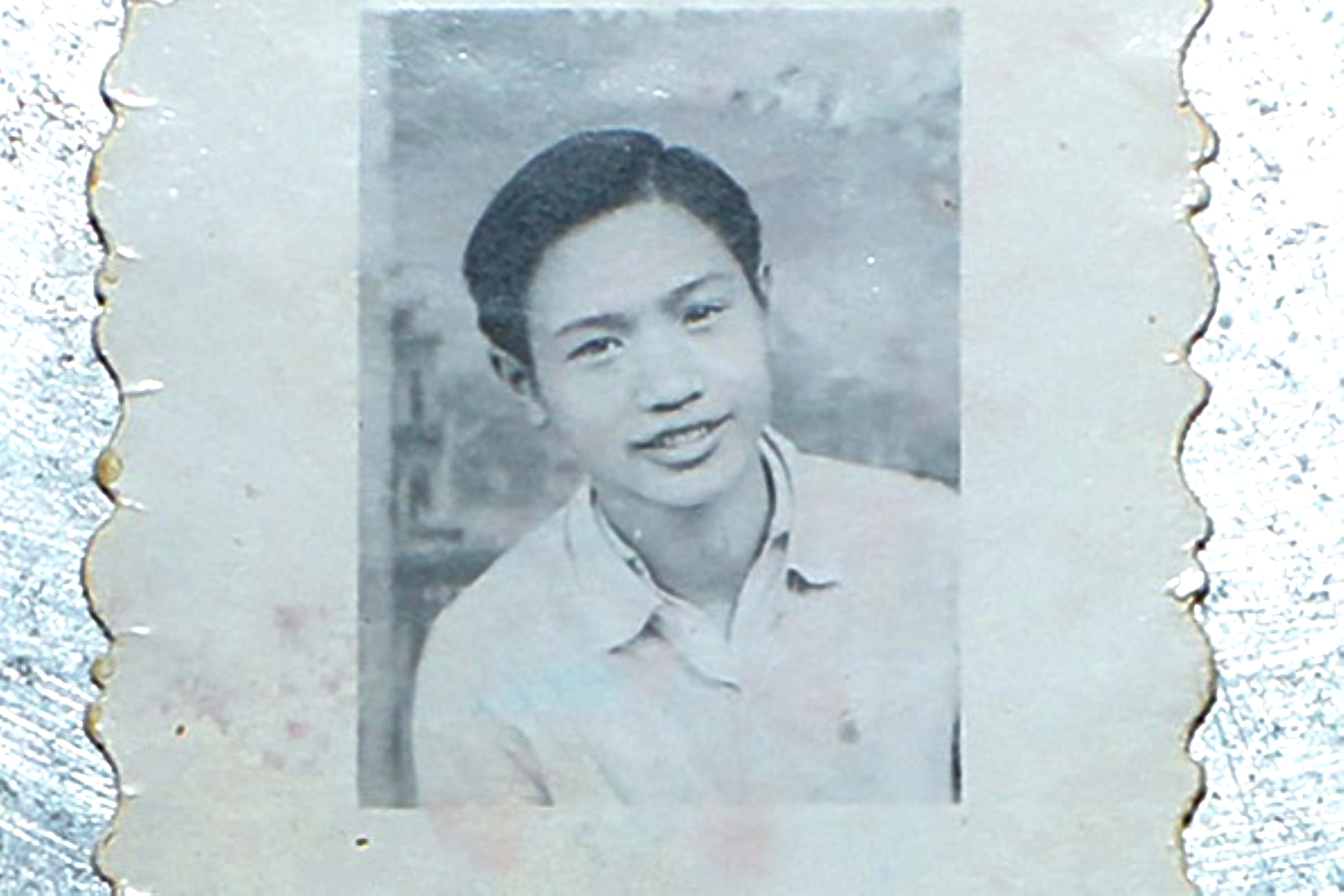








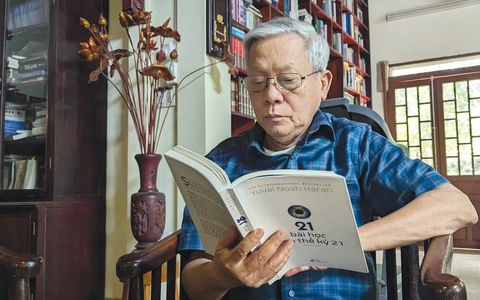

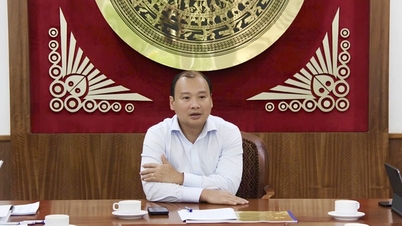

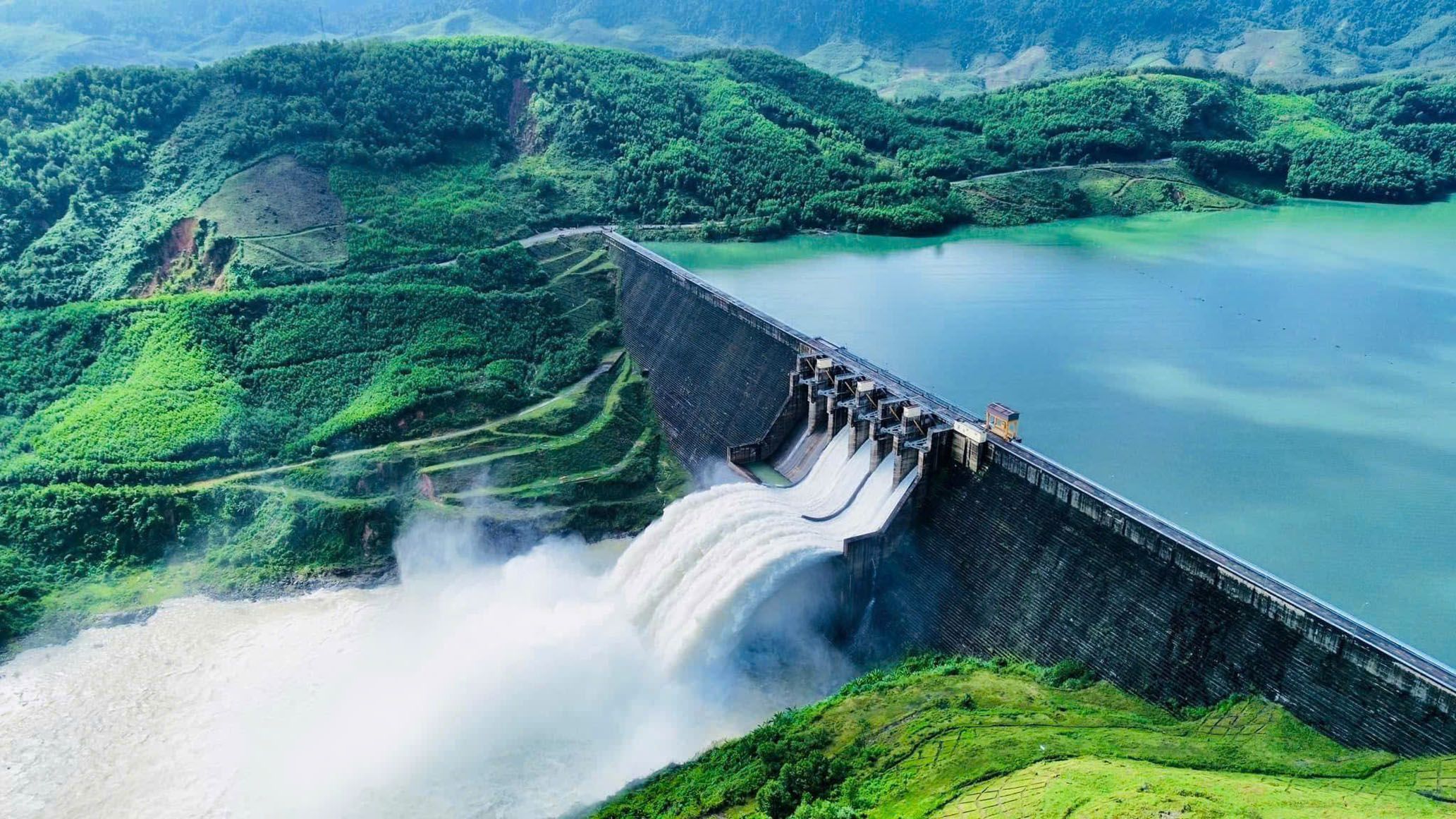








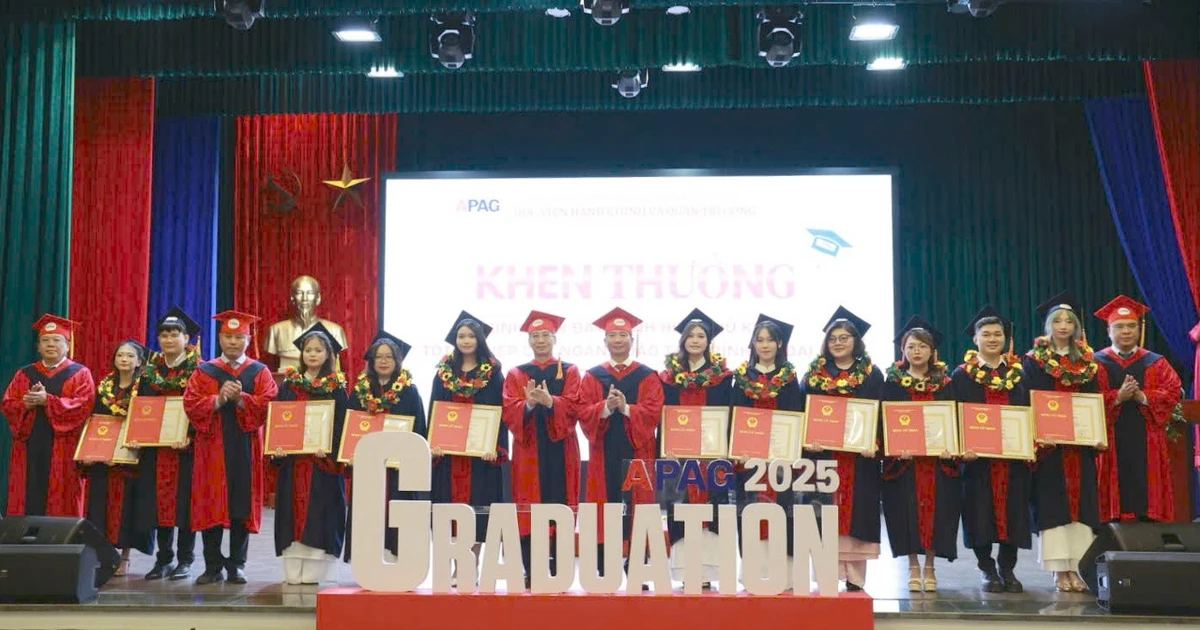
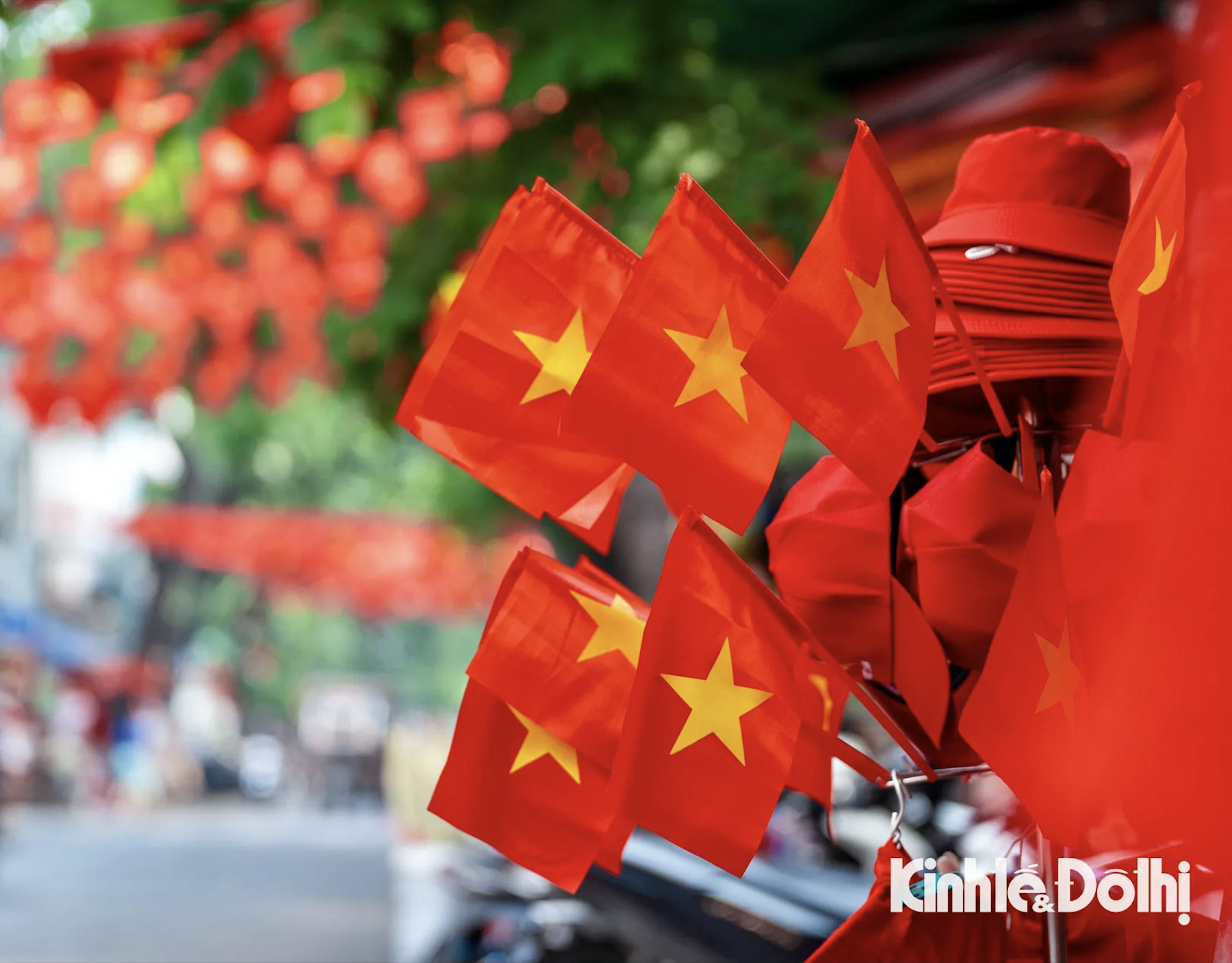

































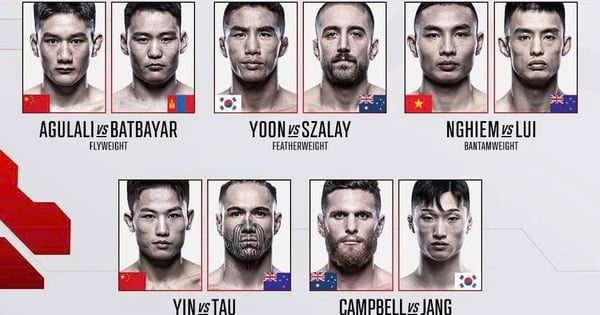


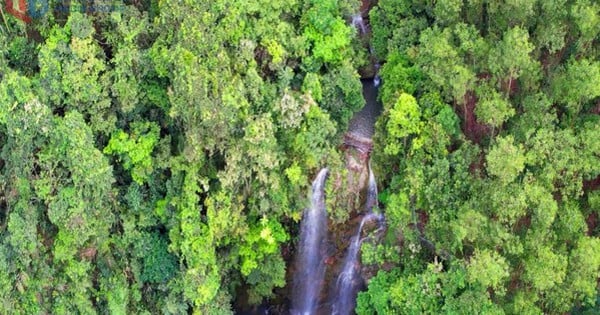
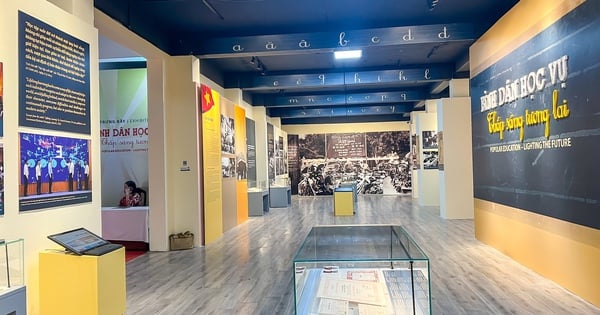
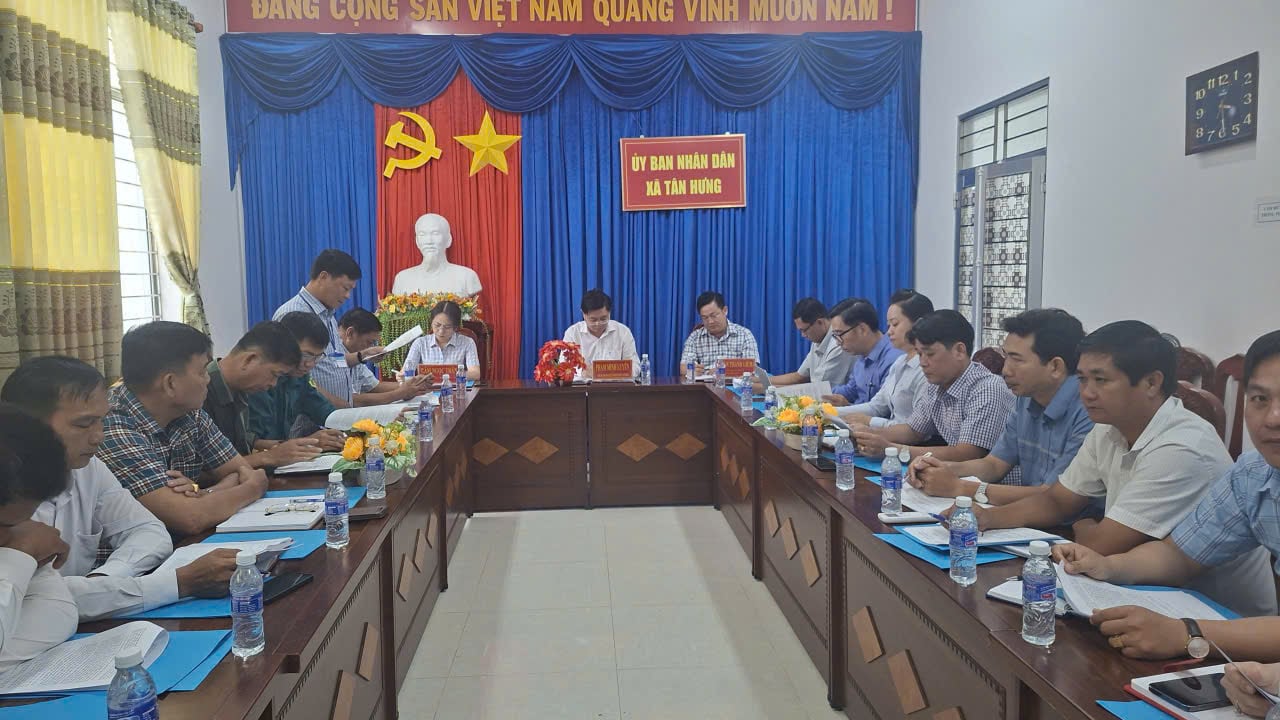
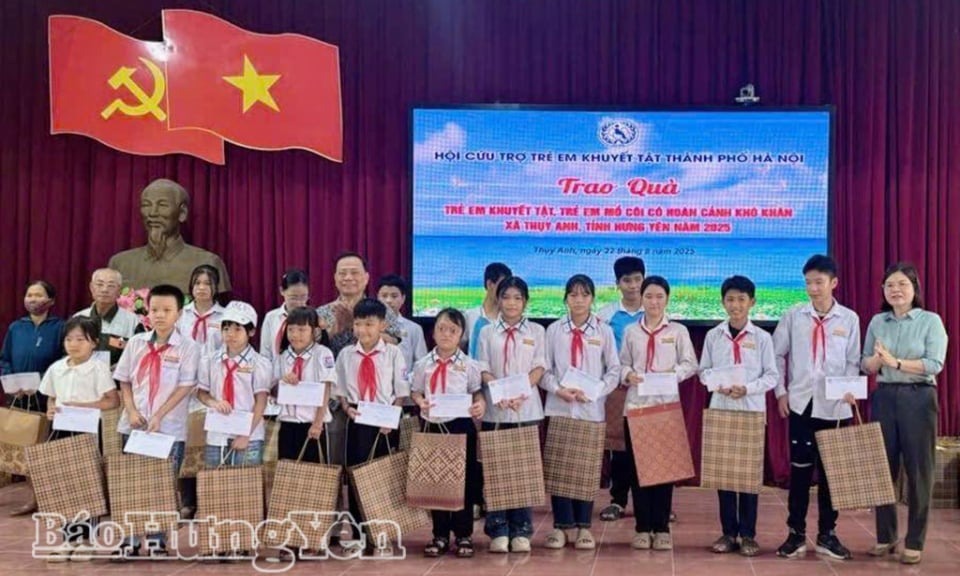

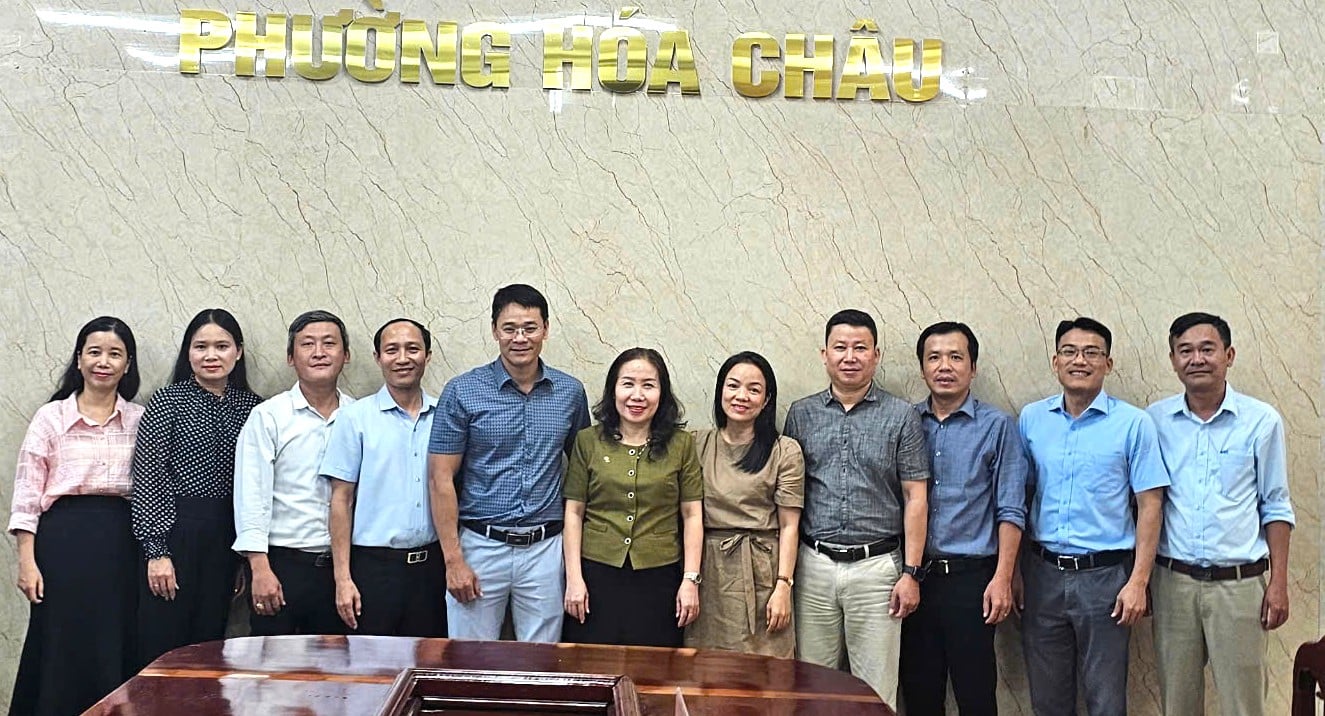

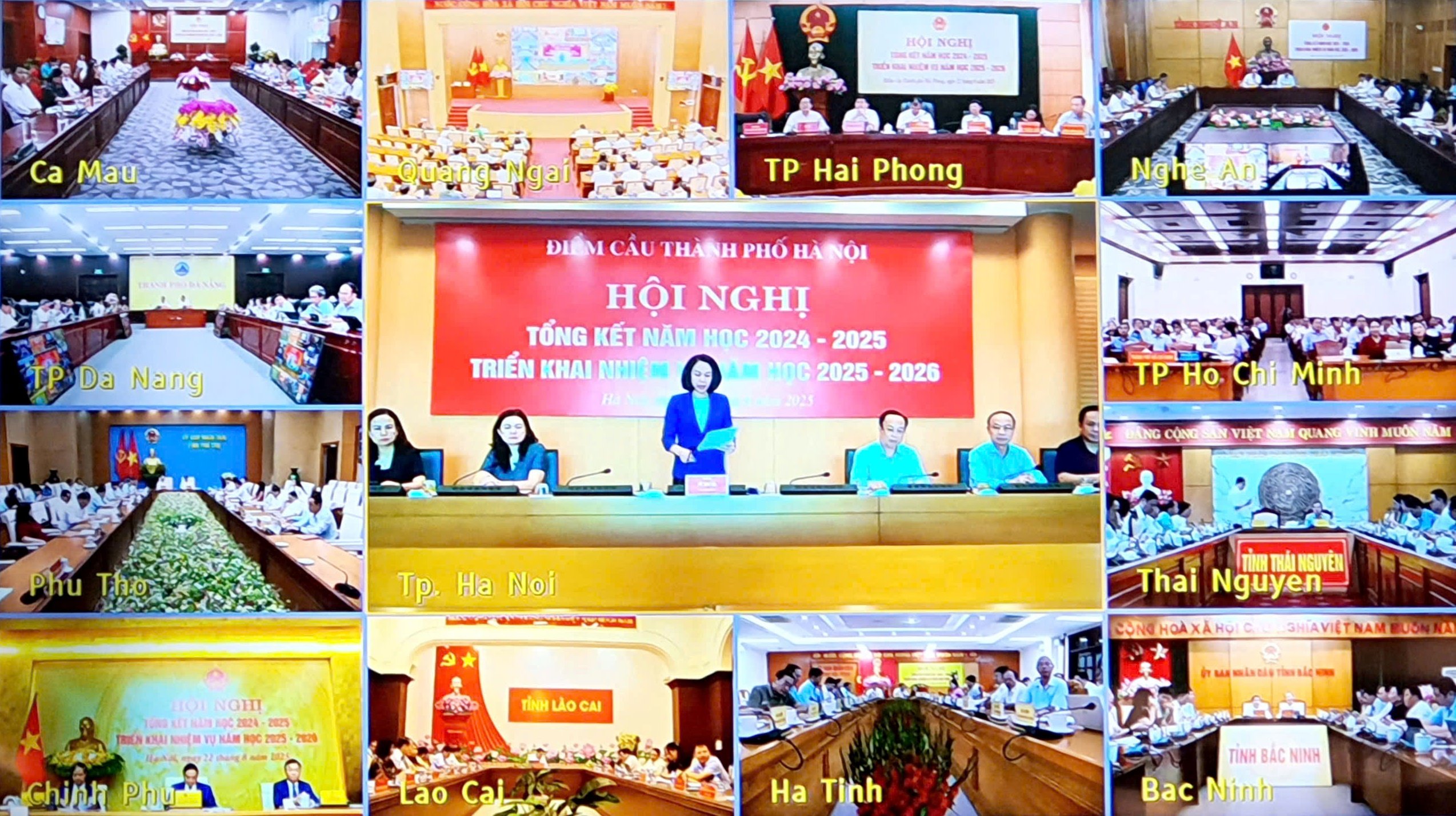
















Comment (0)